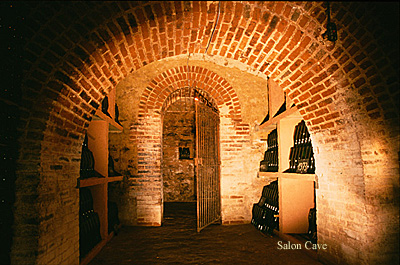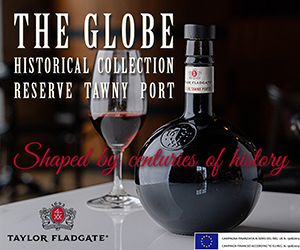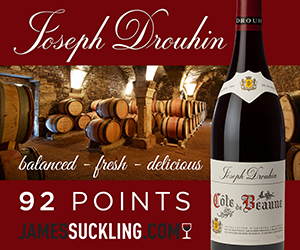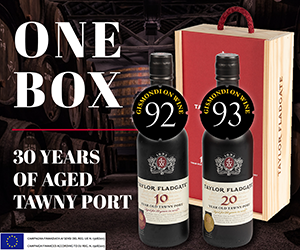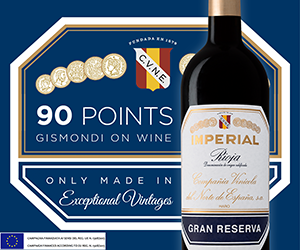WASHINGTON, DC - Office of Champagne, USA announced today that Belgian Customs authorities seized and destroyed a shipment of over 3,200 bottles of André sparkling wine.
The shipment was seized at the port of Anvers, Belgium, on Tuesday. It is the latest in a series of seizures in the last four years, representing important quantities of bottles.
The bottles of Gallo's André sparkling wine with references to "California Champagne" and "André Champagne Cellars" are in direct violation of export laws in numerous countries that protect the place names of wine regions. Under EU law, use of the word Champagne on wine labels is intended exclusively for wines produced in the Champagne region of France under the strict regulations of the region's Appellation of Controlled Origin (AOC). These laws ensure that consumers are not misled by falsely labeled bottles. As a result, any U.S. product that misuses the Champagne name and seeks to enter an export market that protects consumers from misleading labels is considered counterfeit. To avoid greater legal liabilities and legal procedures, the owner of the merchandise agreed to abandon it for immediate destruction.
In a press conference today in Brussels, representatives from the Comité Interprofessionnel du Vin de Champagne (CIVC), Belgian Customs and the World Customs Organization released a video documenting the destruction (www.flow-films.com/materials/champagne.wmv). Leaders of the CIVC, the regulatory body of the Champagne appellation, highlighted the importance of protecting the Champagne name around the world and the serious legal and economic implications for those who violate EU and international laws.
"Since the passage and implementation of more rigorous legislation, customs agents and border patrols throughout Europe have seized and destroyed over 14,000 bottles in the last four years illegally bearing the Champagne name, including product from the United States, Argentina, Russia, Armenia, Brazil and Ethiopia" said Bruno Paillard, Champagne producer and representative of the CIVC.
CIVC General Director Jean-Luc Barbier expressed satisfaction with the seizure and congratulated the Belgian authorities for their vigilance. "The Belgian border authorities have shown great competence and impressive effectiveness in stopping numerous shipments of wines seeking to counterfeit the Champagne appellation's name."
The bottles were seized as part of Belgium's anti-counterfeit operations in place at the Anvers port. Michel Danet, Secretary General of the World Customs Organization, noted that seizures such as these are central to the ongoing battle to halt the trade and traffic of counterfeit goods worldwide. He highlighted the need for all to be vigilant, as counterfeit goods now impact enormous sectors of the world economy including pharmaceuticals, safety devices, and foodstuffs that seek to benefit illegally from the use of geographic indications.
The continued destruction of shipments of American sparkling wine seeking access to the European market also highlights the broader issue of name protection in the United States. While the global wine market moves towards greater protection of products original to a specific region, the U.S. government and some sectors of the American wine industry insist on continuing to mislead consumers.
"While international wine growing place names such as Napa Valley are increasingly protected in Europe, our government refuses to afford that same legal protection to European products in our country. More importantly, it is disingenuous for some American producers to use a legal loophole to masquerade as Champagne and mislead the public," said Office of Champagne, USA Director Sharon J. Castillo.
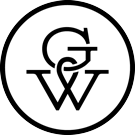
 quicksearch
quicksearch

